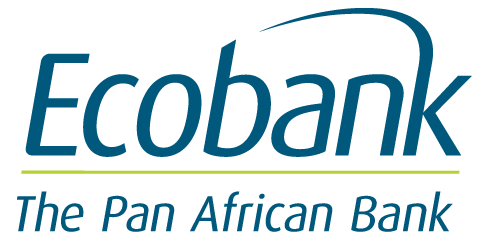
The Honeywell Group Friday, emerged victorious in its protracted legal dispute with Ecobank Nigeria Limited, with the judgment delivered by the Federal High Court, Lagos in which the court held that Honeywell’s payment of N3.5 Billion between 2013 and 2014 constitutes the full and final settlement of its indebtedness to Ecobank.
Trial judge, Justice Olayinka Faji, in his judgmenr held that there was a valid agreement reached at various meetings between representatives of Honeywell and Ecobank on July 22, 2013 and in line with the agreement, Honeywell made payments to the bank in order to settle its indebtedness. However, same could not be said of Ecobank which rather than keep to the terms of the sgreement, sought to introduce new terms. The court held that all through the course of the instalmental payments being made by Honeywell, Ecobank did not at any time raise any objections to the payments. The court held that the amount now being claimed by the bank was not at any time mentioned in the meetings or series of correspondence with Honeywell. Meanwhile, Ecobank has said it will appeal the judgment of the court, saying it strongly disagrees with the decision of the court. It will be recalled that Anchorage Leisures Ltd, Honeywell Flour Mills Plc., and Siloam Global Limited (all members of the Honeywell Group), in August 2015, instituted a suit before the court in Lagos seeking the determination of whether or not the companies are truly indebted to the bank following the payment of the sum of N3.5 billion as full and final settlement of their obligations to Ecobank, based on a mutual agreement between Honeywell and Ecobank. Testifying in the course the trial, Honeywell Group’s Head of Treasury and Finance, Oluwakemi Owasanoye told the court that by an agreement reached at a meeting held on July 22, 2013, the bank agreed to merge the collective indebtedness of Honeywell’s three subsidiaries, which amounted to N3.5billion. Owasanoye added that part of the agreement reached with the bank was that N500million must be paid immediately, while the balance of N3billion would be paid before the exit of the Central Bank of Nigeria, CBN examiners from the bank. MAccording to her testimony, Honeywell complied with the terms of the agreement, and thereafter, wrote to inform the bank of its compliance and the need for the bank to formally discharge the company of any further obligation. She stated that the bank in its reply to the letter did not raise any objections. Honeywell, she said, was however, surprised when the bank proceeded to demand for further payments in respect of the debt which had been fully liquidated for over a year. She stated in her testimony that when the dispute arose, the Company referred the matter to the Bankers’ Committee which resolved the matter in favour of Honeywell. In his restimony, Ecobank witness, Mr Elemi Agbor, Head of Corporate Communications of the bank, while being cross examined by Honeywell’s lawyer, Mr Olabode Olanipekun, SAN, insisting that the agreement for the payment was for a two-term payment only. He said the agreement stipulates that N500m must be paid that same day and the balance later. He was however, unable to substantiate his assertion before the court. Meanwhile, Ecobank while reaction to the judgment, said it was to appeal the judgement delivered by the Lagos Federal High Court, on the protracted N5.5 billion legal suit between Honeywell and Ecobank. It said was will fully prosecute the appeal as it strongly disagrees with the decision of the court. It said, “It will appeal the judgment as same did not take into consideration salient facts put before the court. In the view of Ecobank, a debtor should be made to pay its full debt having failed to pay as and when agreed.” A spokesperson for the bank said that the company will pursue recovery of the debts owed by the Honeywell companies to the logical conclusion through the courts, as return of depositors’ funds is key to ensuring the sanctity of agreements and viability of continued support and growth of local businesses by Banks.